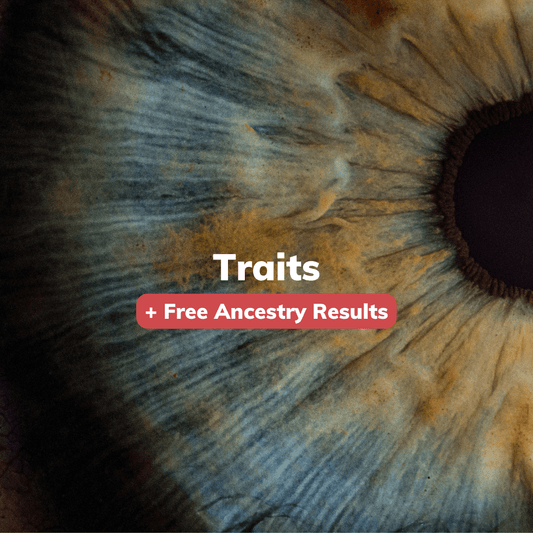
Male Baldness
BioCertica Content TeamWhether you've just noticed a thinning hairline or you're always wearing a baseball cap to hide your bald spot, there's a good chance you've inherited your condition. Research has found that male pattern baldness is associated with male sex hormones called androgens.
Androgens have many functions, of which regulating hair growth is one. It is important to note that each hair on your head has a specific growth cycle. With male pattern baldness, this growth cycle begins to weaken over time, and the hair follicle begins to shrink, producing shorter and more delicate strands of hair. Eventually, each hair follicle's growth cycle ends, and so does its capacity to create new strands of hair, leading to baldness in that area.
Scientists found several genes associated with male baldness. However, it is still a mystery exactly how baldness is inherited. What we do know is that environmental factors play a smaller part in male hair loss than genetics. The primary gene that determines a predisposition to baldness is in the X chromosome, which men receive from their mothers. However, research also suggests that men whose fathers are also predisposed to baldness are more likely to develop male pattern baldness during their lifetime.
When it comes to hair loss, it is all about keeping what you have got, so knowing that you are prone to a predisposition of baldness can arm you with the knowledge to take preventative measures early on in your life.
We look at various genetic markers to determine whether you might be at risk of experiencing hair loss. So why not head on over to your traits and review your results.


